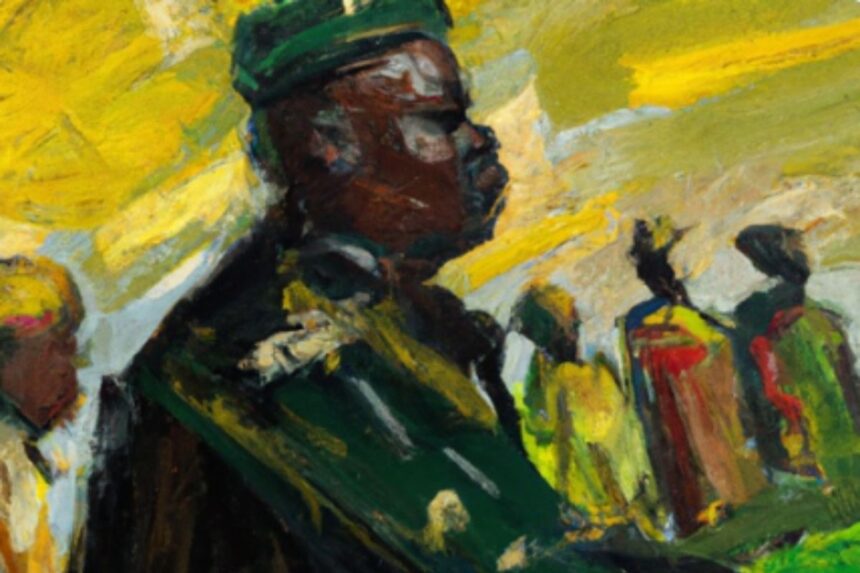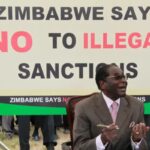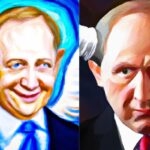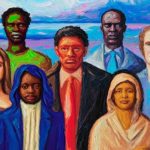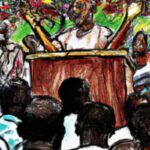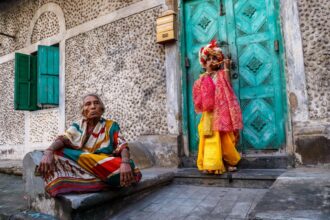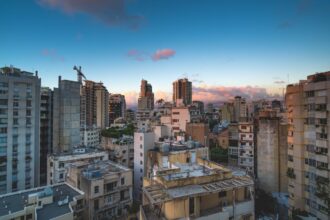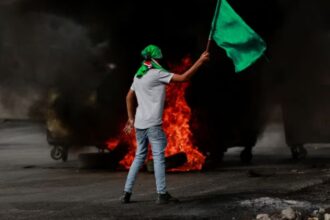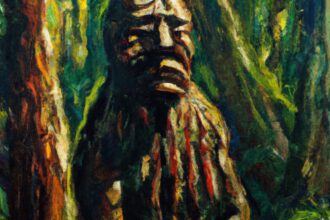On 30 August 2023, a political earthquake occurred in Central Africa. The Gabon coup. Gabon, one of the most stable countries in the region, suffered a coup d’état led by its army and in particular by General Brice Oligui Nguema. The coup occurred after the outgoing President, Mr Ali Ben Bongo Ondimba, was deemed to have been fraudulently re-elected. The international community was naturally moved by this, but how was it perceived within the country itself?
A Historical Overview of Gabon
First of all, a bit of history: Crossed by the equator and bordering the Democratic Republic of Congo, Cameroon and Equatorial Guinea, this country was colonised by France and incorporated into the colony of French Congo in 1882. It became an independent colony in 1906 and finally gained its independence in 1960.
The official language is still French. In 1960, Léon Mba became the first president of the Gabonese Republic, and his term of office lasted 7 years until his death. At the age of 32, Omar Bongo became Gabon’s new head of state and, at the same time, the world’s youngest head of state. He remained in power from 1967 until his death in 2009, making his presidency one of the longest on the continent.
However, numerous suspicions of embezzlement of public funds, illegal financing of French political parties and the deliberate impoverishment of certain parts of the country have marred what can be described as an undivided reign. Following in his father’s footsteps, Ali Ben Bongo Ondimba, already Minister of Defence, was elected President following a highly controversial election.
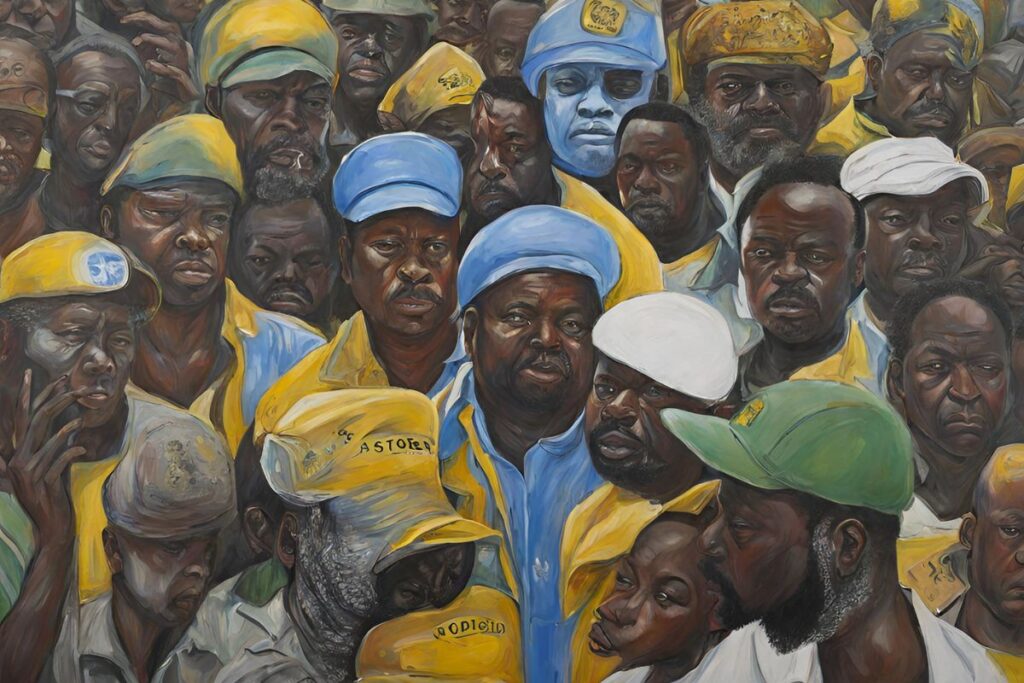
Controversies Surrounding Ali Bongo’s Elections
On 3 September 2009, the official results showed that Ali Bongo had been elected President of the Republic with 41.7% of the vote, ahead of Pierre Mamboundou (25.6%) and André Mba Obame (25.3%). The latter were contested as soon as they were announced, and numerous riots broke out in the town of Port-Gentil. They were severely repressed and resulted in at least fifteen deaths. After validation of the results, Mr Bongo was sworn in as President on 16 October 2009.
But this did not stop many people from taking a very suspicious view of this feat. Of particular note is the telegram from US Ambassador Charles Rivkin to his Secretary of State in November 2009 stating “October 2009, Ali Bongo reverses the vote count and declares himself President”. This was leaked by Wikileaks in 2011. One of Mr Bongo’s fiercest opponents at the time, André Mba Obame, who had proclaimed himself president of Gabon, asked the UN Secretary-General on 26 January 2011 to recognise him as the elected president, but this had no effect. His party was dissolved and Jean François Ndongou, Minister of the Interior at the time, even described his action as “high treason”.
Gabon’s International Relations and the 2016 Election
On 12 November 2012, Gabon became one of the new members of the Human Rights Council, with 187 votes, and will even take its seat at the UN from January 1, 2013 in order to “work for the application of justice against impunity and trans national organised crime”. Over time, the international community decided to turn a blind eye to this flagrant fraud, and Mr Bongo was finally able to continue his mandate as elected President with all the prerogatives that go with the job. In the 2016 presidential election, Ali Bongo stood again as a candidate on 27 August 2016, was re-elected with 49.8% of the vote and once again, suspicions of fraud were revealed. The opposition, led this time by Mr Jean Ping, will invoke suspicions of fraud following the non-publication of results by polling station.
The main suspicions of fraud were focused on the Haut-Ogooué region, a known stronghold of the Bongo clan, where a record turnout of 99.9% was recorded, compared with 59.5% nationally. Post-election violence erupted when the results were announced on 31 August: following a peaceful and spontaneous demonstration by the population, the Republican Guard dispersed the crowd with gas before firing live ammunition. The National Assembly was set on fire. Demonstrations in Port-Gentil, Oyem, Lambaréné and Mouila were severely repressed, resulting in several deaths.
But what happened on the night of 31 August to 1st September reached the height of violence when, on the pretext of searching for looters and thugs who had fled in that direction, the HQ of the opponent Jean Ping was bombed and then attacked by troops of the presidential guard and the police. The toll: 27 dead. The day after the massacre, the Ministry of the Interior announced a death toll of 5, which was revised downwards to three on 6 September by Mr Bongo himself in an interview with the newspaper Le Point. During a report on Complément d’enquête broadcast on 6 July 2017 by the French channel France 2, an opposition activist, Annie Léa Meye, stated that, according to her sources, “The true toll of the violence is 45 dead, 900 injured, 800 detained, 24 disappeared and 26 women raped”.
Economic Strain in Gabon
Despite the richness of Gabon’s subsoil, which has made its capital, Libreville, one of the most expensive cities in the world, and despite a GDP per capita of $18,690 in 2019, the average Gabonese, struggling with a literacy rate of 85.7% and an infant mortality rate of 42%, is unable to benefit from the country’s wealth. In addition, several social tensions have flared up over the past year, following the non-payment of grants for higher education and the non-payment of pensions for retired civil servants. These disputes led to large demonstrations and strikes.
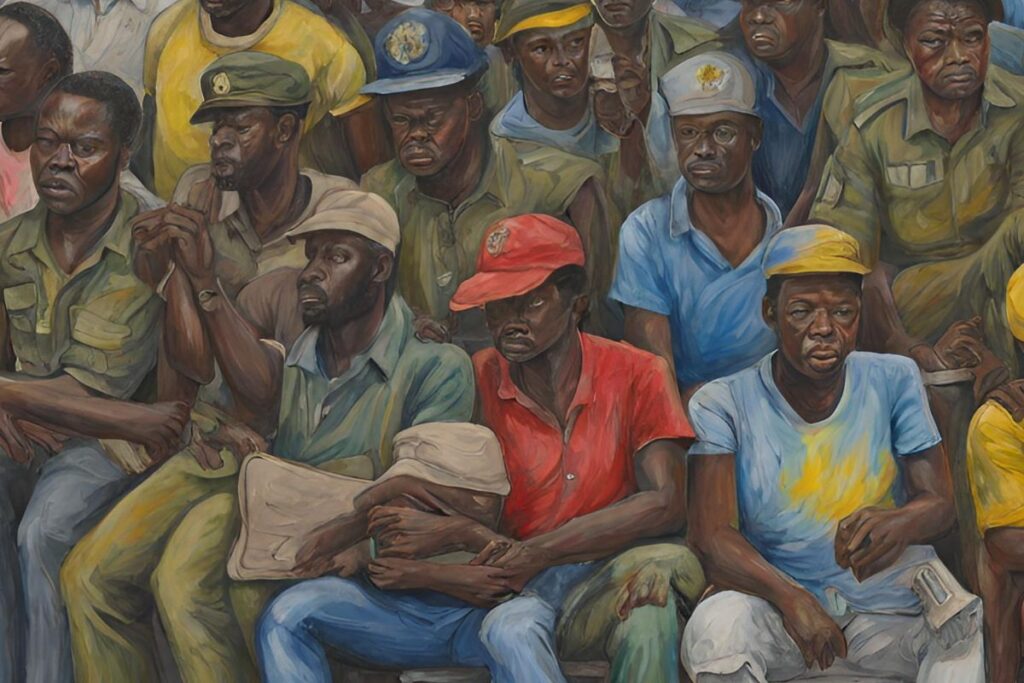
The Excesses of the Bongo Clan
In this context, the arrest of Pascaline Bongo on 27 August 2022 in France in connection with the Ill-gotten gains case did not help the outgoing President’s reputation. Particularly in view of the fact that she was in possession of an official passport from the Gabonese Ministry of Foreign Affairs. The assets of the Bongo family, with 39 properties, 70 bank accounts and 9 luxury cars, were frozen in France on 6 July 2017, but many of them are still abroad. The total assets are estimated at €67 million.
The 2023 Elections and Their Aftermath
The next presidential election was held on 27 August 2023. The outgoing president, Ali Bongo, was standing for re-election, despite an unofficial candidature, as he suffered a stroke in October 2018, which, according to some observers, should have made it impossible for him to do so. However, according to the official results, he was re-elected on 30 August with 47.6% of the vote, despite many suspicions of fraud. The result was immediately contested by the opposition and several observers, including the EU, which noted “obvious anomalies”.
As a result of these suspicions, a coalition of members of the armed forces, the Gabonese Patriotic Movement, led by General Brice Oligui Nguema, announced the annulment of the presidential elections on 30 August and the formation of a “National Restoration Council” on 31 August. The outgoing President, his immediate family, and several government ministers were arrested. The AU, the UN, the EU, France, the USA and several African countries immediately condemned this “coup d’état” and called for respect for the “constitutional order”. But in Libreville, where several thousand people had been demonstrating peacefully since 30 August to denounce the results, the population celebrated the “liberators”. The armed forces’ intervention was therefore a clear response to the population’s call for the results to be overturned.
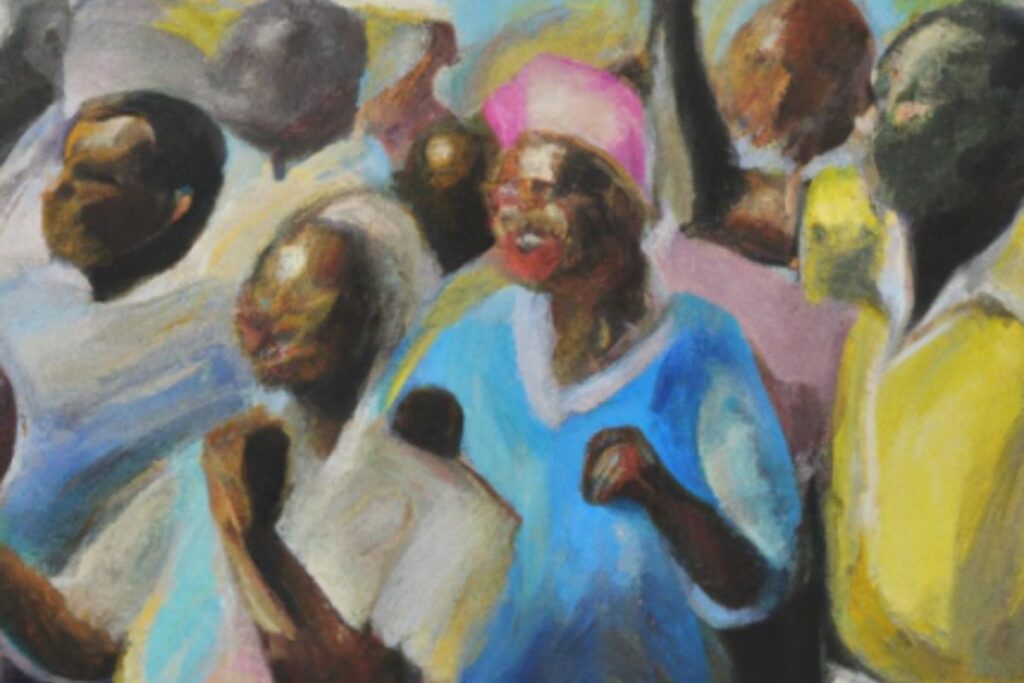
Gabon Coup A Salvation?
The history of coups in Africa, even those that have been popular, shows that they are rarely followed by real democratisation and the advent of the rule of law. It remains to be seen whether this time will be different, but what is certain is that for the first time since 1967, the Gabonese have the feeling that their voice is being heard. And if this coup is unconstitutional, the reign of the Bongo family, especially the part from 2009 onwards, was no less so. This “coup” is therefore seen by many as the only possible outcome, the only solution for the people of Gabon to take their destiny into their own hands.








